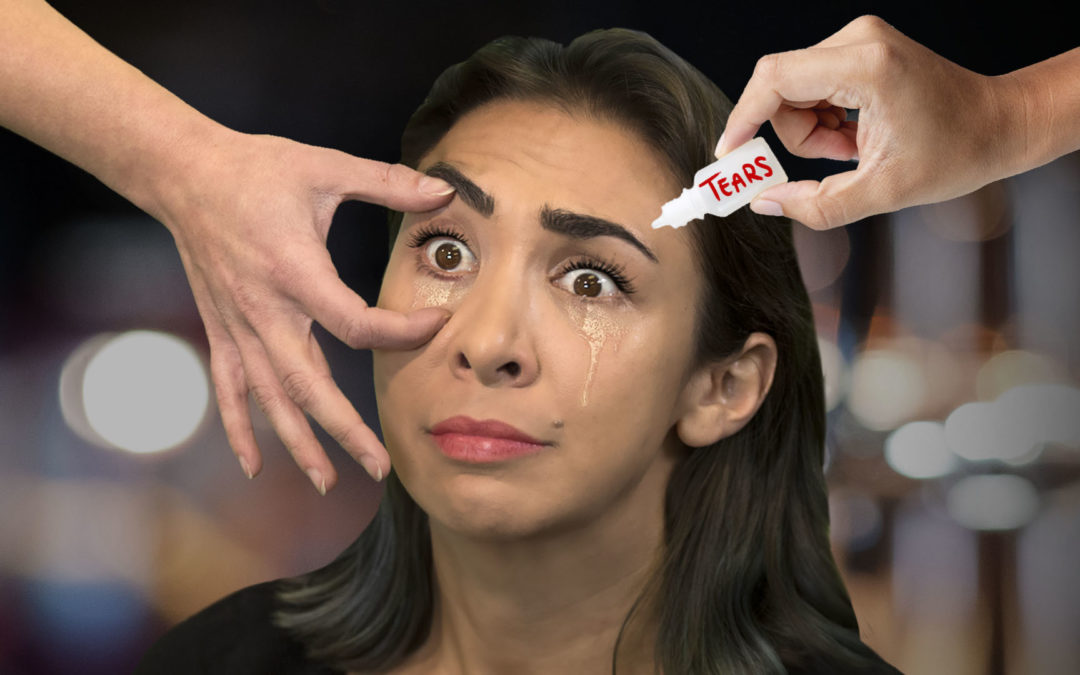1. “Keep rolling! Do it again!”
Actors can feel flustered in the moment when, rather than cutting, you rush them to get back to their mark and reset the scene. Not giving them adjustments, or even a moment to collect themselves between takes, can cause your actor to second guess their performance or feel rushed. Make sure you consult with your actor beforehand if you’re going to shoot a series of takes without cutting.
2. “Can you say it like this?”
Line reads are not only a lazy way to direct, but also risk offending the performer. You hired an actor, not a parrot. They have undoubtedly prepared for the role and thought a lot about their character and situation. If you’re not getting the performance you want, talk with your actors about what might motivate their character and how you envisioned it. It’s also possible that the dialogue just isn’t working. What looks good on the page can sometimes sound awkward or unnatural in the mouth of even the most talented thespians. Talk to your actor about lines they might be struggling with, and be open to making adjustments based on their input. Remember, filmmaking is collaborative.
3. “Now start crying.”
Most actors can’t cry on command. Asking them to do so on the spot is naive and insulting. If they come to tears naturally during the scene, great, but obviously crying isn’t the only way to express sorrow. Your actors know this and have studied a range of ways to portray emotions. You cast them. Trust them! Explore their versatility in rehearsal, and if you absolutely need tears, make it clear in the audition breakdown. Plan ahead so they aren’t taken by surprise.
4. Dismissing an actor when they ask what their “frame” is
When an actor asks how you are framing a shot, “Don’t worry about it” or “You’re fine” are not valid responses. Most actors have an understanding of the frame and need to know how much they can move around or where to hold something for it to be in the shot. This is why blocking is so important. Make sure you and your actors are clear about when they are in frame and where they enter and exit. It’ll save you time and energy if you are all on the same page.
5. Not respecting their boundaries
It’s really important to have a discussion of situations in your film that might make your performer uncomfortable. This could mean nudity or kissing, working with animals, doing stunts, or even common physical activities such as swimming or riding a bike. You never want to surprise an actor on the day of the shoot with something that makes them feel awkward, or worse yet, unsafe. This can all be avoided by being clear in the audition and rehearsal process.
And this should go without saying, but apparently some people still haven’t gotten the message: Don’t hit on your actors EVER! Discussing a role or rehearsing a scene can be an intimate situation. It should always be handled professionally and in an appropriate location.

